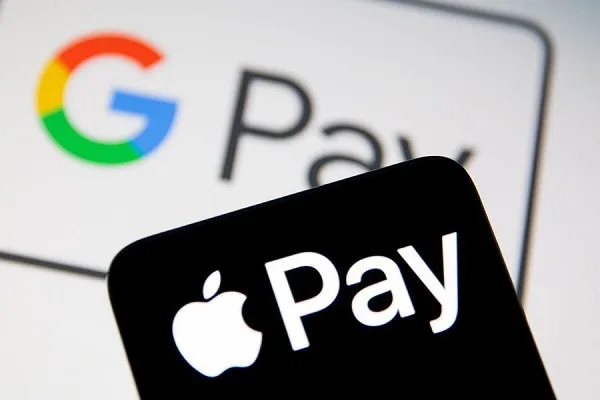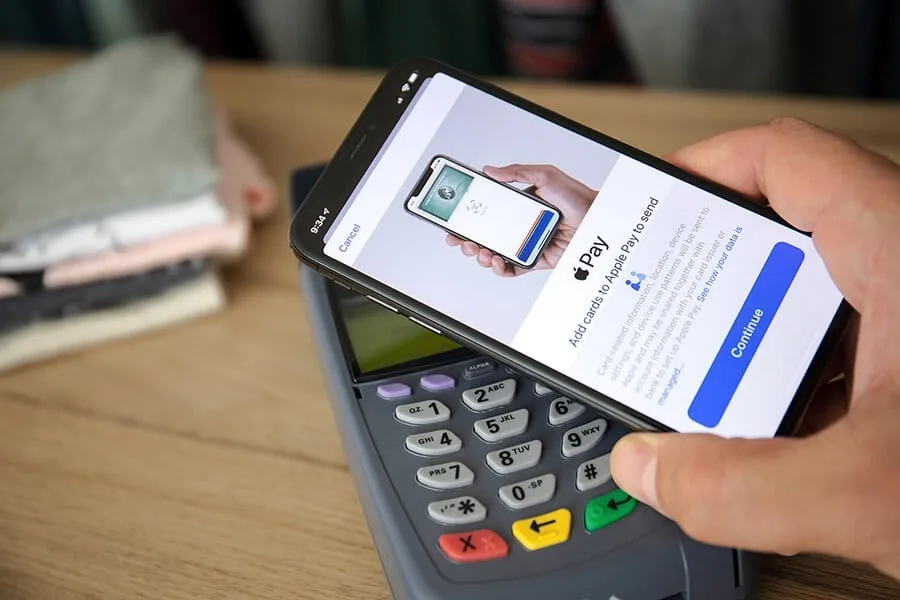
Apple Pay: Revolutionizing Payment Methods
Apple Pay has emerged as a leading payment method, offering a seamless and secure transaction experience. This article delves into its features, advantages, and impact on the financial landscape. Understanding Apple Pay’s integration and functionality can provide valuable insights for businesses and consumers alike.
Understanding Apple Pay
Apple Pay is a digital wallet and mobile payment service developed by Apple Inc. Launched in October 2014, it allows users to make payments using their Apple devices. Compatible with iPhone, Apple Watch, iPad, and Mac, Apple Pay enables contactless payments at retail stores, within apps, and on websites.
The service leverages Near Field Communication (NFC) technology to facilitate transactions. Users can add their credit or debit cards to the Wallet app on their devices. Once set up, they can make payments by holding their device near a contactless reader, authenticating the transaction with Face ID, Touch ID, or a passcode.
Security and Privacy
Apple Pay is designed with security and privacy at its core. When a user adds a card, the actual card numbers are not stored on the device or Apple servers. Instead, a unique Device Account Number is assigned, encrypted, and securely stored in the Secure Element, a dedicated chip on the user’s device.
Each transaction is authorized with a one-time unique dynamic security code, ensuring that the card number and identity are not shared with merchants. Furthermore, Apple Pay does not store transaction information that can be tied back to the user, providing an additional layer of privacy.
Convenience and Accessibility
One of Apple Pay’s significant advantages is its convenience. Users can quickly make payments without carrying physical cards or cash. The service supports a wide range of banks and card issuers globally, making it accessible to a broad audience.
Apple Pay’s integration with public transportation systems in various cities allows for easy and quick fare payments. Additionally, users can use Apple Pay for in-app purchases and on websites that accept the service, streamlining the online shopping experience.
Apple Pay also supports peer-to-peer payments through Apple Cash, enabling users to send and receive money within Messages. This feature adds to the versatility and convenience of the service, making it a comprehensive payment solution.
Impact on Businesses
For businesses, adopting Apple Pay can enhance the customer experience by offering a quick and secure payment method. Retailers benefit from reduced transaction times, leading to shorter checkout lines and improved customer satisfaction.
Furthermore, Apple Pay transactions are more secure, reducing the risk of fraud and chargebacks. The service also supports loyalty programs and rewards, allowing businesses to integrate these features into their payment systems seamlessly.
Businesses that accept Apple Pay can appeal to tech-savvy customers who prefer digital wallets over traditional payment methods. This can help attract and retain a younger demographic, driving growth and increasing sales.

Future of Apple Pay
As digital payments continue to evolve, Apple Pay is poised to play a significant role in the future of financial transactions. The service is continually expanding its reach, with new countries and financial institutions joining the network.
Innovations such as the Apple Card, a credit card created by Apple and issued by Goldman Sachs, complement the Apple Pay ecosystem. With features like Daily Cash rewards and a focus on privacy and security, the Apple Card enhances the user experience and strengthens Apple’s position in the financial market.
Additionally, Apple’s ongoing efforts to integrate Apple Pay with various services and platforms indicate a commitment to providing a comprehensive and versatile payment solution. As technology advances, Apple Pay is expected to introduce new features and capabilities, further solidifying its place in the payment industry.
Apple Pay has revolutionized the way we approach payments, offering a secure, convenient, and efficient method for transactions. Its impact on consumers and businesses alike is significant, providing a glimpse into the future of digital payments. As Apple continues to innovate and expand its services, Apple Pay is set to remain a leader in the payment landscape.
